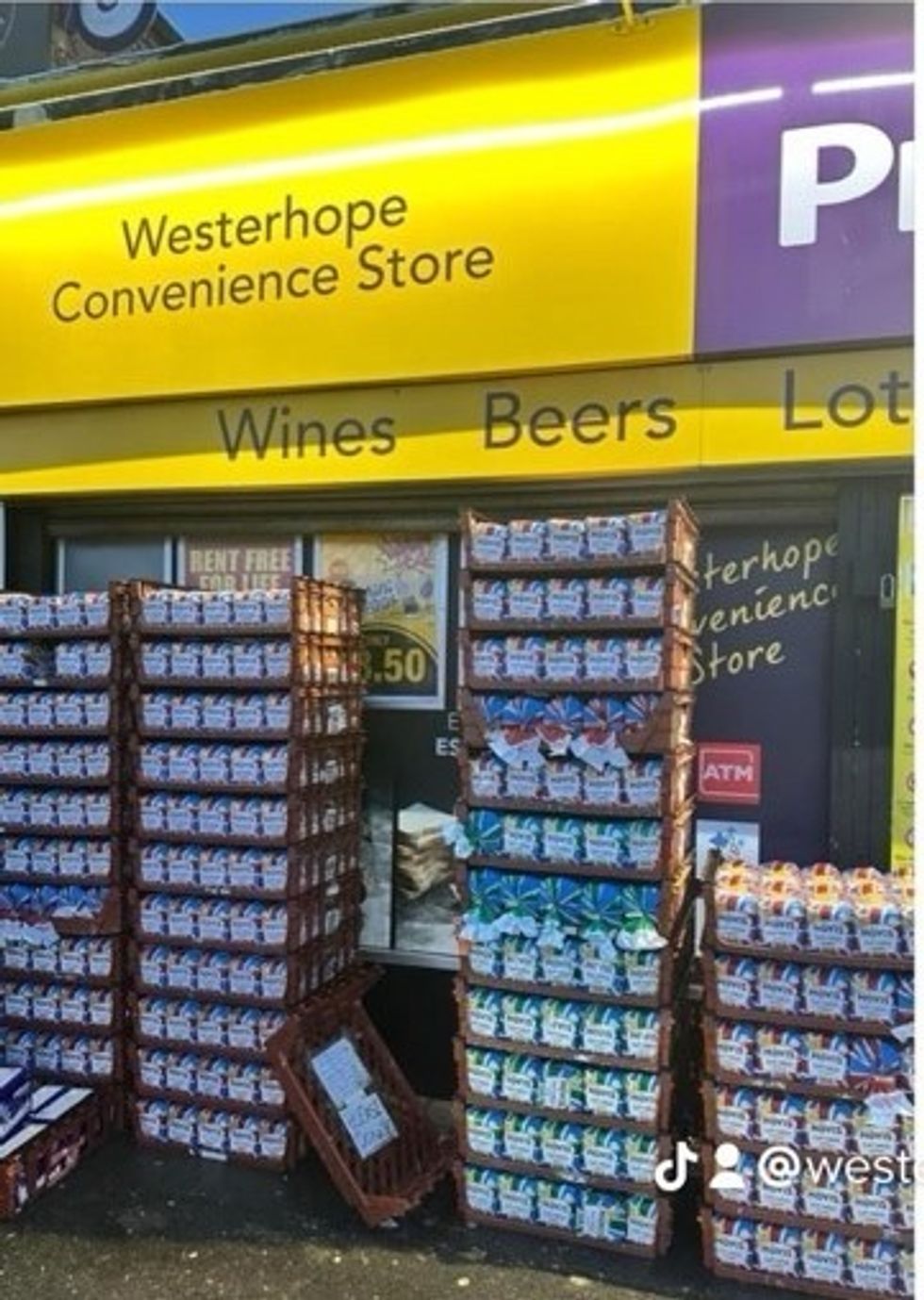The online gambling industry has advanced so quickly that there has been little time to consider one of its biggest sectors: online slots. Digital versions of traditional slot machines have captured the hearts of millions of players in the UK, combining entertainment with an opportunity to win a substantial amount. The future of online slots in the UK market holds both opportunities and challenges due to advancing technology and changing regulations.
As we move deeper into the digital age, innovation from online casinos and game developers continues to enhance players' experiences. From immersive gameplay to advanced technologies such as AI and VR, this industry is changing dramatically. This article looks at some of the major trends and factors that shape the future for online slots in the UK, as well as how players, developers, and regulators adapt to this ever-changing market.
Technological Advancements: The New Frontier of Online Slots
The online slots market has some key change agents, of which technology is a major one. New software and hardware have been designed in the last few years to offer an extremely immersive and entertaining experience for players. Online slots are set to evolve with the use of Virtual and Augmented Reality technologies, making gaming more immersive. Imagine being transported into a virtual casino where every interaction closely resembles a real casino experience from the comfort of your own home.
The next important development in technology that is going to transform the way slots are played over the Internet is Artificial Intelligence. AI-driven slots could offer players a personalized experience by analyzing their gaming patterns and suggesting appealing new slots. In the future, AI may also be employed in highlighting problem gamblers through irregular betting behavior that could automatically trigger responsible gaming measures. As these technologies continue to mature, they will doubtless form an important part of the online slot experience and appeal to the latest wave of recruits coming to the market.
The Role of Mobile Gaming
Mobile gaming is driving a critical element within the growth of online slots in the UK. As smartphones get stronger yet more accessible by the day, many players these days just want to game on the go rather than sit in front of a desktop computer. In response to this trend, developers have created mobile-optimized slots that offer the same quality and excitement as desktop versions.
We can safely project that mobile gaming will dominate the online slot market in the coming years. The convenience of playing anytime and anywhere shifted players' preferences, and online casinos put more weight on developing apps and mobile-friendly games. This mobile-first strategy means the future of online slots will appeal to a wider audience, especially younger generations who are more familiar with mobile gaming.
Regulatory Changes and Their Impact
Like all other sectors of gambling, UK online slots are subject to similar regulatory frameworks in terms of protection of players and fairness of the game. The UK Gambling Commission (UKGC) has been at the forefront of implementing support for responsible gambling and the prevention of harm. Over the last couple of years, it introduced policies on mandatory affordability checks, restrictions on game speed, and the banning of features promoting excessive play, like turbo spins.
Going forward, we will have even stricter rules and regulations regarding players' safety and well-being. While changes are necessary in order for the market to be healthy and fair, they might also bring some challenges for both operators and developers. Innovation balanced with regulation will determine the future success of the UK online slots market.
The Future of Online Slots: A Balancing Act
The future of online slots in the UK will be greatly defined by how well the industry balances technological innovation with responsible gambling. Undeniably, AI, VR, and mobile gaming integrations are going to elevate player experience; however, regulatory compliance and player safety will still be top of the charts. So long as the industry innovates with player welfare in mind, the future certainly looks bright for online slots.
In a Nutshell
The growth of the online slots market in the UK is a trend that continues on a trajectory of growth propelled by advances in technology, ever-growing demand in mobile gaming, and an ever-growing user base. However, the future of this industry will also depend on how well it rises to the evolving regulations and responsible gambling practices. For players, developers, and operators, this will mean the need for constant updates and adaptations to changes in the industry.
With the continued development of an ever-changing online slots market, challenges and opportunities would continue down both paths, but this should be a prosperous industry for years into the future, provided the right mix of innovation and regulation is struck.











 Westerhope convenience store
Westerhope convenience store










